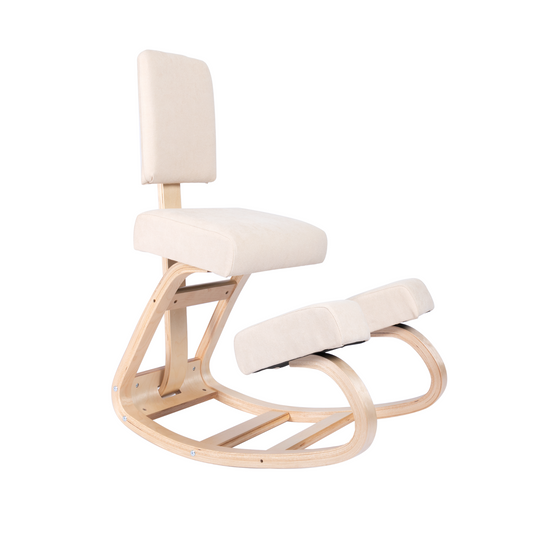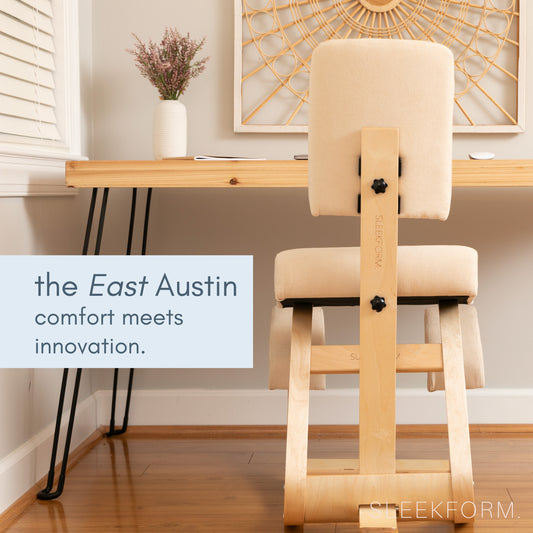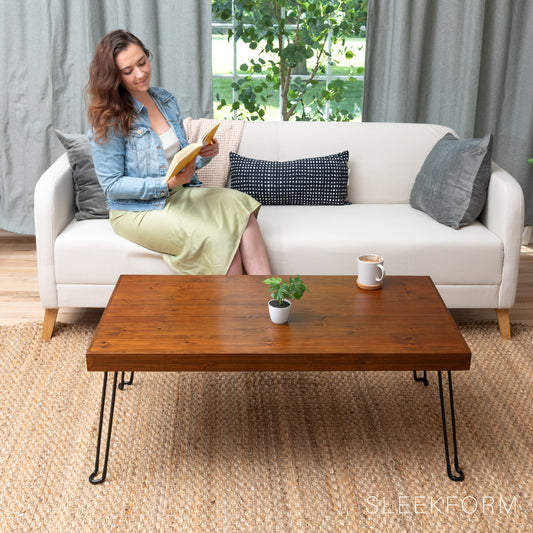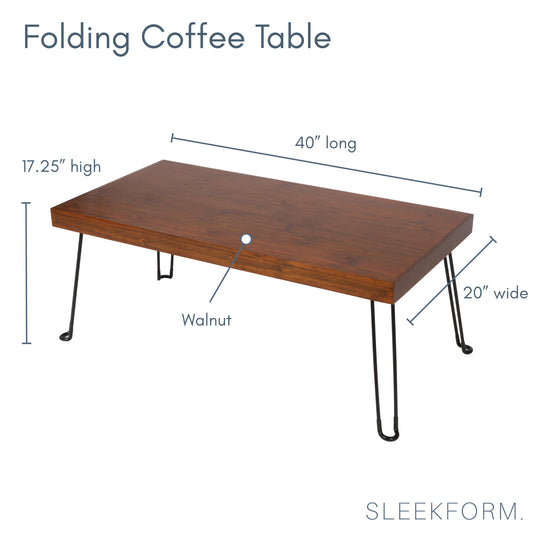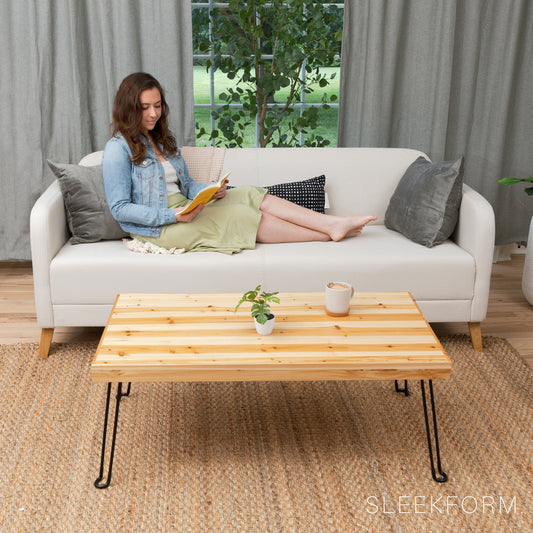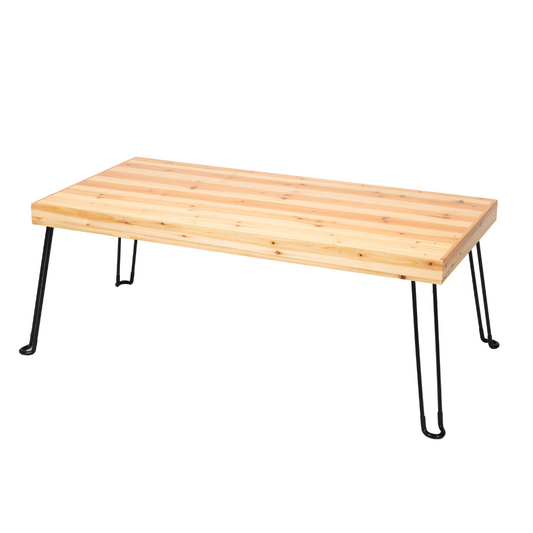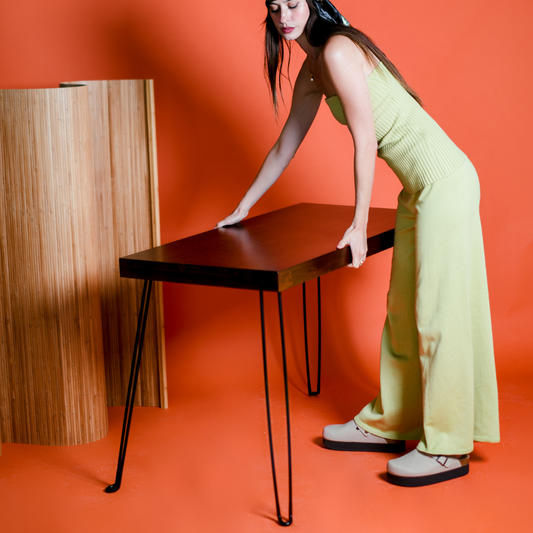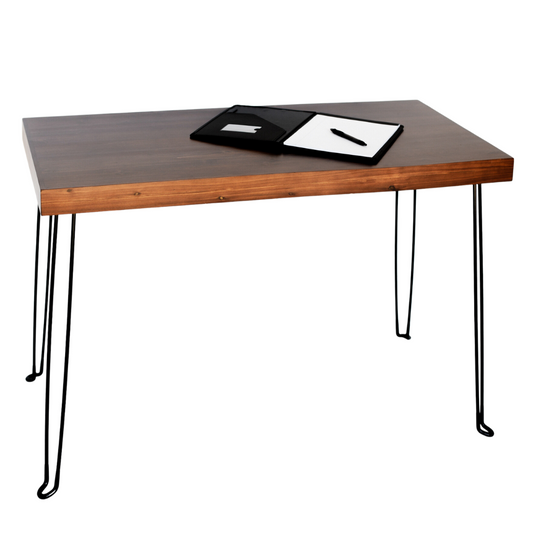Are Kneeling Chairs Good For People With ADHD?
In today's fast-paced world, many individuals grapple with attention-deficit hyperactivity disorder (ADHD), a neurodevelopmental condition characterized by difficulty maintaining attention, impulse control, and hyperactivity. Navigating daily tasks and responsibilities can be challenging, particularly for those with ADHD. However, amidst the myriad of coping strategies and accommodations available, one often overlooked solution stands out for its simplicity and effectiveness: kneeling chairs.
Traditionally, when we think of office chairs, we picture the standard swivel chair with a cushioned seat and backrest. While these chairs serve their purpose for many, they may not be the most conducive option for individuals with ADHD. This is where kneeling chairs come into play, offering a unique seating alternative that can significantly benefit those managing ADHD symptoms.
So, what exactly are kneeling chairs, and how do they differ from conventional seating options? Kneeling chairs, also known as ergonomic kneeling stools or posture chairs, feature a design that encourages a more upright and open posture. Instead of a traditional seat, these chairs typically have a forward-sloping pad angled downward, which supports the user's shins and encourages them to kneel or sit in a kneeling-like position.
The benefits of kneeling chairs for individuals with ADHD are manifold:
- Improved Posture: One of the hallmark features of kneeling chairs is their ability to promote proper spinal alignment. By tilting the pelvis forward and opening up the angle between the torso and thighs, kneeling chairs help reduce slouching and encourage a more upright posture. Maintaining good posture is not only beneficial for physical health but also plays a crucial role in cognitive function and attention regulation.
- Enhanced Focus: Individuals with ADHD often struggle with maintaining attention and staying focused on tasks for extended periods. The ergonomic design of kneeling chairs can help mitigate this challenge by promoting better blood flow and circulation, which in turn supports cognitive function and mental clarity. By reducing discomfort and minimizing distractions associated with discomfort, kneeling chairs create a conducive environment for sustained focus and concentration.
- Increased Mobility: Unlike traditional chairs that restrict movement to some extent, kneeling chairs allow for greater freedom of movement. Users can easily shift their weight, rock gently back and forth, or adjust their sitting position without the constraints of armrests or a backrest. This dynamic seating option can be particularly beneficial for individuals with ADHD, providing sensory input and stimulation that helps regulate arousal levels and improve attention span.
- Sensory Input and Regulation: Many individuals with ADHD have sensory processing differences, meaning they may seek or avoid certain types of sensory input. The gentle rocking motion and proprioceptive feedback provided by kneeling chairs can calm and organize the nervous system, helping individuals better regulate their sensory experiences and maintain optimal arousal levels for focused attention.
- Customizable Comfort: Kneeling chairs have various designs and configurations to accommodate different body types and preferences. Users can customize their kneeling chairs to suit their comfort needs, from adjustable height and tilt angles to different padding materials. This level of customization ensures that individuals with ADHD can find a seating solution that supports their physical well-being and enhances their overall comfort and focus.
Kneeling chairs offer a holistic approach to addressing the challenges associated with ADHD by promoting better posture, enhancing focus, and providing sensory input and regulation. While they may not be a cure-all solution, incorporating kneeling chairs into workspaces, classrooms, and home environments can contribute to creating a more supportive and accommodating environment for individuals with ADHD. By prioritizing comfort, mobility, and ergonomic design, kneeling chairs empower individuals to optimize their productivity and well-being, one seat at a time.


